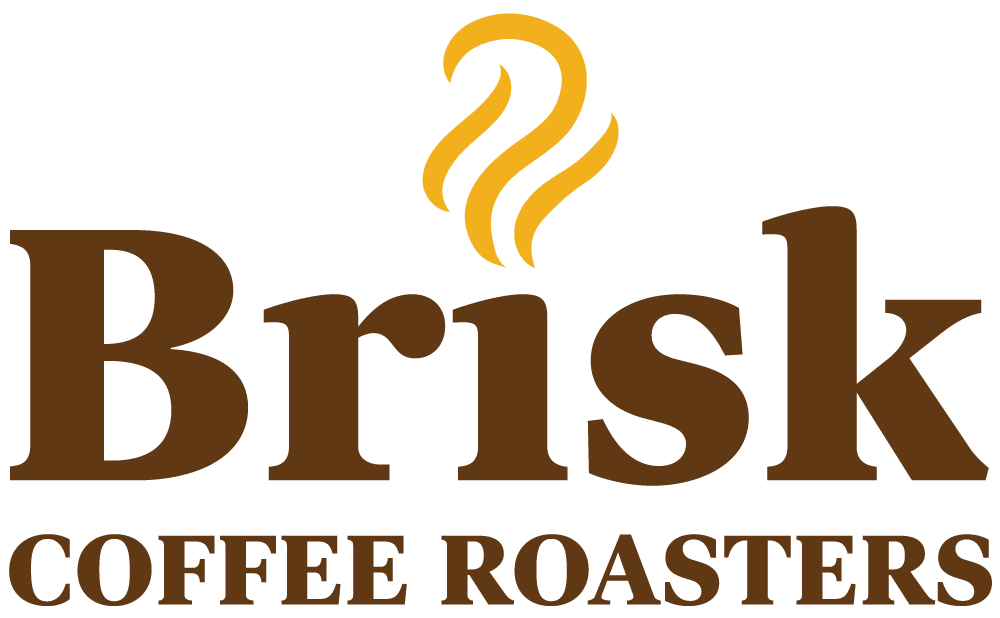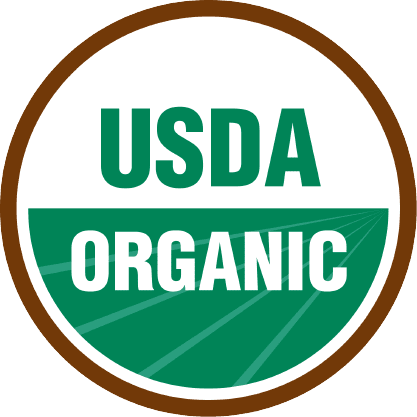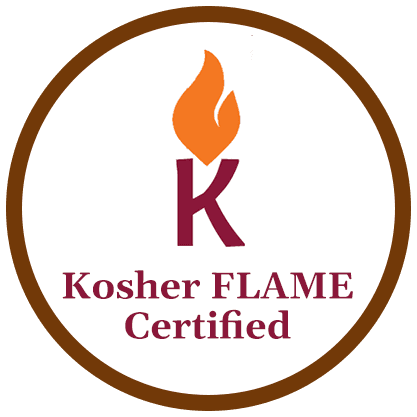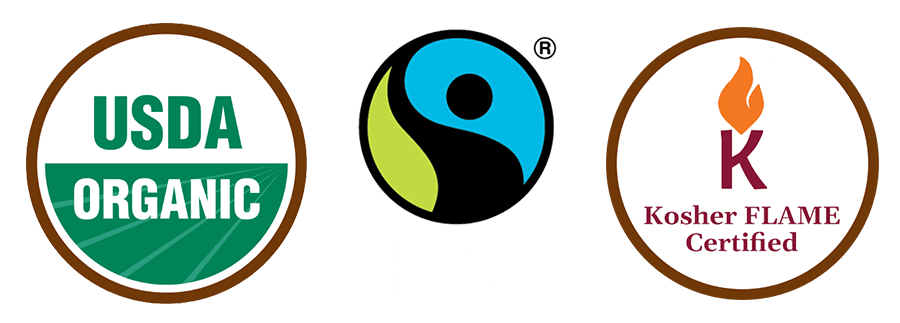How Do I Choose a Commercial Coffee Partner?
Choosing the right commercial coffee partner is a critical decision for any business that wants to offer a great coffee experience. Whether you’re running a restaurant, office, hotel or convenience store, your coffee partner can significantly impact the quality of your coffee, the efficiency of your operations, and even your brand’s reputation. But with so many options available, how do you make the right choice? Here’s a guide to help you navigate the process.
1. Understand Your Needs
Before diving into the selection process, it’s important to clearly define your needs. What kind of coffee experience do you want to offer your customers or employees? Are you looking for a high-end specialty coffee, or do you need a more budget-friendly option that still delivers good quality? Do you need a partner who can private label or create a proprietary blend? Or do you need support and staff training to create the perfect coffee program? Understanding your specific requirements will help you narrow down your options and find a partner who aligns with your goals.
2. Evaluate Coffee Quality
The quality of the coffee should be a top priority. A good coffee partner will offer high-quality beans that are freshly roasted and sourced from reputable farms. Ask potential partners about their sourcing practices—do they use direct trade, fair trade, or organic beans? You might also want to inquire about their roasting process. If possible, request samples so you can taste the coffee yourself – Brisk allows you to try all of our coffees at our 22nd Street Coffee location. Remember, your customers will judge your business by the quality of the coffee you serve.
3. Look for Training and Support
Serving excellent coffee requires more than just good beans and equipment—it also requires skill. A quality coffee partner will offer training and support to ensure your staff knows how to operate the equipment and brew coffee to the highest standards. This might include barista training, machine maintenance tutorials, and even customer service tips. Training not only ensures consistency but also empowers your team to take pride in the coffee they serve, which can translate to better customer experiences.
4. Assess Reliability and Consistency
Reliability is crucial when choosing a commercial coffee partner. You need a partner who can deliver on time, every time. This means they should have a reliable supply chain, responsive customer service, and a track record of consistency. Ask potential partners about their delivery schedules, order processes, and how they handle emergencies or shortages. A reliable partner will give you peace of mind, knowing that your coffee supply won’t be interrupted. Brisk utilizes a Just-In-Time roasting model, meaning we don’t roast a single bean until you place your order to ensure superior coffee taste. We partner with leading delivery companies to guarantee 100% compliance on product selection and pricing. No backorders, no substitutions, no price deviations -ever.
5. Check Sustainability, Ethics and DEI
In today’s market, sustainability, ethical sourcing and diversity, equity, and inclusion initiatives are important factors for many businesses. Consumers are increasingly aware of the environmental and social impacts of their purchases, and they expect businesses to align with these values. Choosing a coffee partner who prioritizes sustainability, ethical sourcing, fair treatment of farmers, and diversity actions can enhance your brand’s reputation and appeal to socially conscious customers. Look for certifications such as Fair Trade, USDA Organic, direct trade relationships, and roasters with a diverse workforce to ensure alignment in values.
6. Consider Cost and Value
While quality and service are paramount, cost is always a consideration. It’s important to find a partner who offers good value for the money. This doesn’t necessarily mean choosing the cheapest option, but rather finding a balance between quality, service, and price. Consider the long-term value a partner can offer in terms of reliability, support, and customer satisfaction. And while the phrase, “you get what you pay for” often times rings true, Brisk can offer quality coffee at a lower price point than competitors due to our Just-In-Time roasting model.
Conclusion
